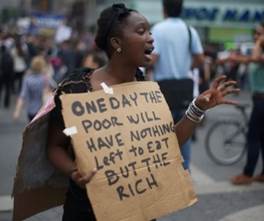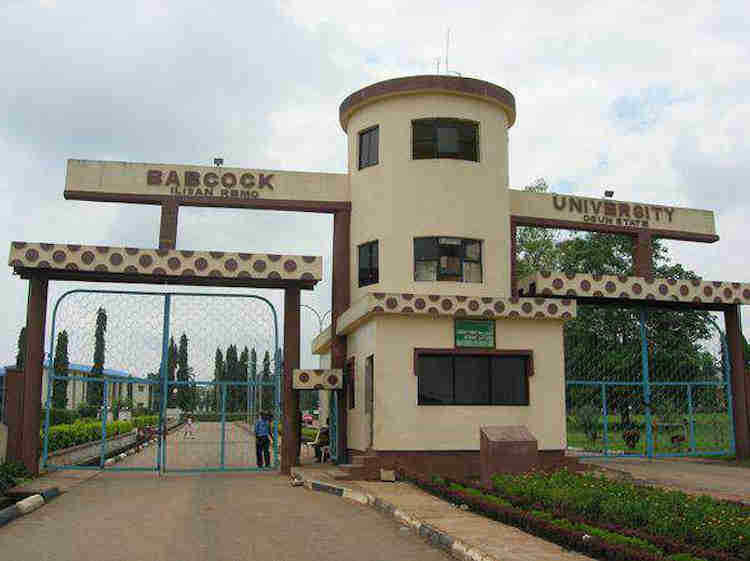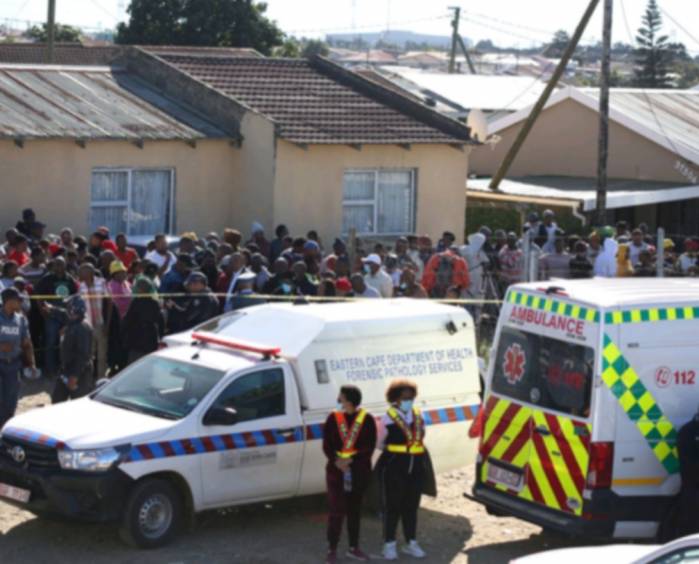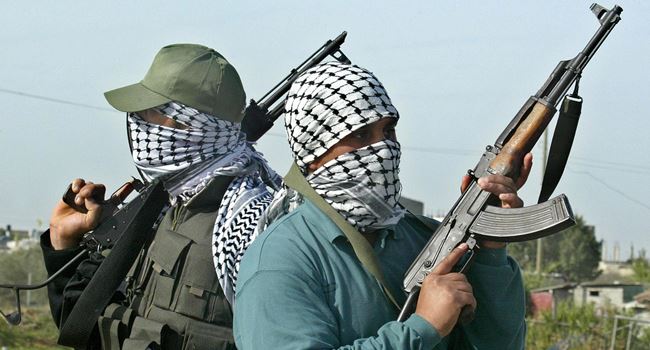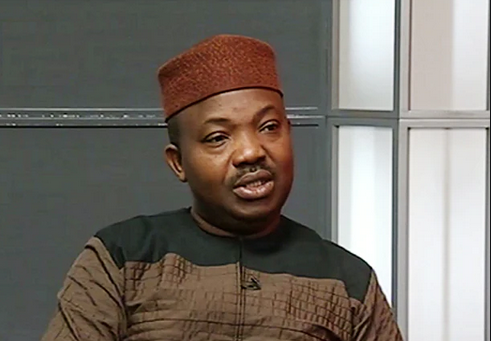Poverty has been a major developmental problem in Africa and Nigeria in particular.
According to United Nations (UN), poverty is a violation of human dignity and the inability of persons to make choices and get opportunities.
One of the UN Sustainable Development Goals (SDGs), which aims at ending “poverty in all its forms everywhere by 2030,’’ claims that poverty results, not just from the lack of just one thing, but from many different interrelated factors.
“Poverty is more than the lack of income and resources to ensure a sustainable livelihood.
“Its manifestations include hunger and malnutrition, limited access to education and other basic services, social discrimination and exclusion as well as the lack of participation in decision-making,’’ the report says.
The UN says that one in every five persons in developing regions still lives on less than 1.25 U.S. dollars a day, adding that there are millions more who earn a little more than this amount daily.
“Eight hundred and thirty-six million people across the globe still live in extreme poverty, while high poverty rates are often found in small, fragile and conflict-affected countries,’’ it says.
To UN, causes of poverty include unemployment, social exclusion and high vulnerability of certain population to disasters, diseases and other phenomena which prevent them from being productive.
However, a report on Nigeria’s Common Country Analysis by the UN describes Nigeria as one of the poorest and unequal countries in the world, with over 80 million of its population living below the poverty line.
The report says: “Nigeria, with a population of over 175 million, is the most populous nation in Africa and the seventh most populous in the world.
“Nigeria’s population will be approximately 200 million by 2019 and over 400 million by 2050, becoming one of the top five populous countries in the world,’’ the report adds.
Besides, the report says that poverty and hunger have remained high in rural areas, remote communities and among female-headed households.
“Youth unemployment which is 42 per cent in 2016 is very high; creating poverty, helplessness, despair and easy targets for crime and terrorism.
“Over 10 million children of school age are out of schools with no knowledge and skills.
Read also: Unemployment: How Nigerian graduates make a living from Shawarma and noodles
“The major challenges currently facing Nigeria, which constrain her economic growth and social development, are lack of good governance and increased insecurity,” according to the report.
However, Mr. Tiamiyu Bode, a civil servant, insists that the current economic situation , insurgency and attacks on oil facilities in the Niger Delta are some of the causes of poverty in the land.
“Insurgency has resulted in attacks on the infrastructure. Attacks on oil installations in the Niger Delta have led to a significant reduction in our crude oil exports, thereby leading to a reduction in government revenue.
“Corruption, misappropriation of funds and other anomalies have aggravated the menace of poverty in the country,’’ he says.
Bode, nonetheless, calls on the government to introduce sound poverty eradication programmes and policies in the country, while assuaging the effects of poverty on Nigerians.
Sharing similar sentiments, Ms.Ijeoma Chukwuma, another civil servant, attributes the widespread poverty in the country to the lack of affordable skills acquisition channels.
She argues that with the paucity of white-collar jobs in the country, individuals ought to be more creative by learning new skills that will enable them to become self-reliant.
“All the same, some people are just too lazy; they may have the skills, but may lack the willpower to put the knowledge into use. Such people are just waiting for motivation,’’ she says.
Chukwuma, however, believes that the aggravated poverty in the country can be partly blamed on the current economic situation in the country.
“We have low level of education and malnutrition because most families are eating just to satisfy hunger, while their meals are deficient in basic nutrients.
“Besides, on a mega level, there are abandoned facilities everywhere, begging to be fixed,’’ she adds.
Chukwuma urges the government to make pragmatic efforts to create jobs for the unemployed.
However, Mr. Okon Bassey, a businessman, insists that poverty is a product of the mind.
“If you don’t think on how to tackle poverty, it will manifest in every area of your life,’’ he says.
Bassey emphasises that education plays a vital role in efforts to tackle poverty.
“Well-meaning and affluent Nigerians should initiate skills acquisition schemes for people in their communities.
“Legislators should also use part of their constituency allowances to assist their constituents, particularly those who are not educated, in efforts to develop their skills and create wealth,’’ he says.
As part of efforts to reduce poverty in Nigeria, the U.S. Government recently announced the release of 92.73 million U.S. dollars in development assistance to support the five-year 2.3 billion-U.S.-dollar agreement it signed with the Federal Government in 2015.
The U.S. Embassy, via a statement, says that the funds are provided through the U.S. Agency for International Development (USAID).
“This funding will continue to help Nigeria reduce extreme poverty in a more stable and democratic society.
“Activities will stimulate inclusive economic growth, promote healthier, more educated population and strengthen good governance,” the statement says.
It quotes USAID Mission Director, Michael Harvey, as expressing the belief that the funding will have a positive impact on Nigerians.
For United Nations Educational, Scientific and Cultural Organisation (UNESCO), eradication of poverty represents a cornerstone in the fight for human rights and human dignity.
“Fighting poverty in a sustainable manner requires providing everyone with the means to be autonomous.
“People should be able to assert themselves as active agents throughout their own lives by harnessing the potential of education, science, culture and information,’’ UNESCO says.
Available records show that Nigeria since 1960 in an effort to combat poverty has had about fifteen ministries, fourteen specializes agencies , nineteen donor agencies and Non -Governmental Agencies that have been involved in the fight against poverty.
